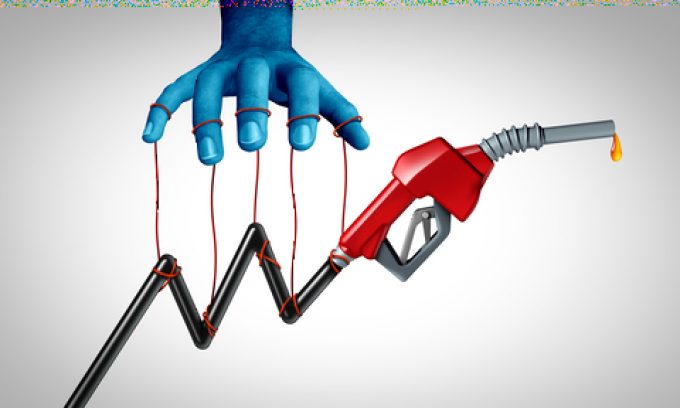CMA CGM calls for 'fair rules' on future fuels, as it leans towards LNG
Mainline operators appear to have shifted their focus away from methanol as a future fuel, ...
GM: RAISING THE ROOF GGM: IN FULL THROTTLE GZIM: MAERSK BOOST KNIN: READ-ACROSSMAERSK: NOT ENOUGHMAERSK: GUIDANCE UPGRADEZIM: ROLLERCOASTERCAT: HEAVY DUTYMAERSK: CATCHING UP PG: DESTOCKING PATTERNSPG: HEALTH CHECKWTC: THE FALLGXO: DEFENSIVE FWRD: RALLYING ON TAKEOVER TALKODFL: STEADY YIELDVW: NEW MODEL NEEDEDWTC: TAKING PROFIT
GM: RAISING THE ROOF GGM: IN FULL THROTTLE GZIM: MAERSK BOOST KNIN: READ-ACROSSMAERSK: NOT ENOUGHMAERSK: GUIDANCE UPGRADEZIM: ROLLERCOASTERCAT: HEAVY DUTYMAERSK: CATCHING UP PG: DESTOCKING PATTERNSPG: HEALTH CHECKWTC: THE FALLGXO: DEFENSIVE FWRD: RALLYING ON TAKEOVER TALKODFL: STEADY YIELDVW: NEW MODEL NEEDEDWTC: TAKING PROFIT

Fraud and “inadequate supply chain practices” over the past year resulted in around 600 ships losing propulsion or being disabled due to bad fuel.
This has cost shipowners and fuel suppliers around $5bn, according to FuelTrust.
The fuel testing firm found that 39% of global bunker fuel has “quality discrepancies”, which it said indicated extensive fraud. And said there was concern for the future as the industry transitions to more expensive and greener energy.
The incidents are widespread, including fuel contamination at the port of Houston this month, which affected about 100 ships, 11 of which suffered loss of propulsion, according to Veritas Petroleum Services (VPS).
At Houston in 2018, it was discovered that compounds used to make glue were blended into the bunker supply.
Last year, bunkers at Rotterdam were contaminated, prompting calls by insurers for better fuel testing, and in April this year, the ferry Walla Walla became the latest in a long line of vessels to lose propulsion and ground as a result of bad fuel.
Following its analysis, FuelTrust found a 2% variance in fuel content and claimed an “endemic lack of transparency, fraudulent practices and inadequate supply chain management” pervade the bunkering industry.
The results are shocking a shipping sector welcoming a new paradigm of net-zero fuels, such as green methanol, green ammonia and biofuel.
Jonathan Arneault, CEO of FuelTrust, said: “As the latest contamination case demonstrates, it’s essential that shipowners, bunker suppliers and charterers can gain better insight into their fuel supply chains. Better information on the fuel we use is also a foundational block of any serious GHG reduction strategy.”
He added that providing visibility, traceability and security throughout the fuel supply chain would “improve operational efficiency, help reduce environmental impact and foster trust among all stakeholders”.
Carbon-neutral or zero-carbon methods will be required for producing new fuels – chemically indistinguishable from their ‘brown’, ‘grey’, or ‘blue’ counterparts – if they are to have any effect in reducing shipping’s contribution to greenhouse gas emissions.
But risk comes not only from a fuel provenance perspective. VPS has set up a new division dedicated to decarbonisation and examining the purity of new fuel types.
“Biofuels have been quickly recognised as an immediate ‘drop-in’ option to reduce shipping emissions… however, their chemistry and behaviour is very different from traditional marine fuels,” said Steve Bee, VPS commercial director. “So their fuel management requires a unique set of laboratory tests and advisory support, to assess and monitor their quality.”
Comment on this article